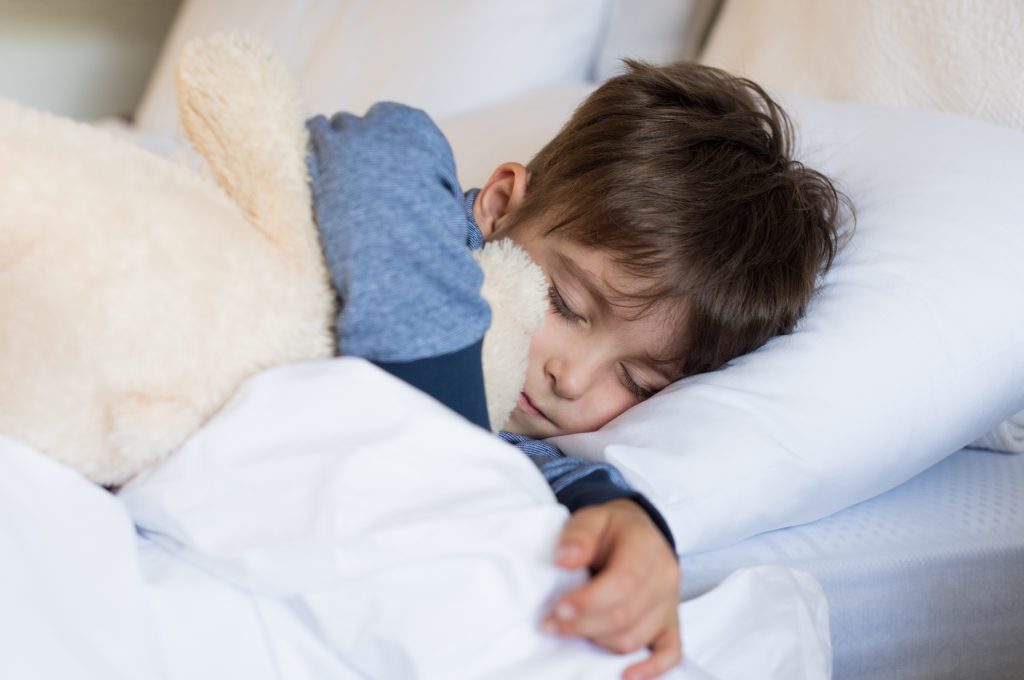Getting your kids to fall asleep is always a challenge. When they’re little, it’s about the fear of missing out once they go to sleep. As they get older, it becomes more about time to do homework, a late sports practice, or just time to play a video game or watch TV. Getting enough sleep is important for everyone—children and adults. In kids, sleep promotes growth, protects the heart, promotes a healthy weight, prevents sickness, and improves attention. All of this should be motivation enough to go to bed early, right?
Teenagers on average get about 7-7.5 hours of sleep per night. They should be getting about 9-9.5 hours. Most teenagers are therefore in a state of sleep-deficiency, which can affect both school and sports. Newer studies are beginning to focus on the effects that sleep (or lack thereof) may have on performance in sports. The benefits of increased sleep include:
- Improved reaction times: Many sports, like baseball, require quick reactions to fast pitches or balls that are hit at a player. Peak reaction times cannot be achieved with lack of sleep, thus decreasing a player’s ability to hit a 90+mph fastball as it crosses the plate, or for a short stop to catch a line drive.
- Lower injury rates: One study showed that hours of sleep per night was directly related to injury rates. High schools students who slept less than 8 hours were almost 2 times more likely to get injured compared to those who got more than 8 hours.
- Less illness: Fatigue affects the immune system, making sleep-deprived athletes more likely to have colds, etc., which can lead to loss of playing time.
- Better accuracy/faster speeds: Studies in numerous sports (basketball, tennis, swimming) have shown improvements in multiple facets of these athletes’ games with good sleep. Free throw percentage of basketball players went up by 9% with improved sleep. Weightlifters who were sleep-deprived were able to lift less. Tennis players saw improvement in serving accuracy when they increased their nightly sleep by 2 hours.
All of this new information about the benefits of sleep is starting to be used to a player’s advantage at the collegiate and pro level. LeBron James of the Cleveland Cavaliers sleeps 12 hours per night! Many pro teams have a sleep consultant to try and improve the sleep hygiene of its players. This improvement in sleep hygiene and sleep length is just as beneficial for high school athletes as it is for pros. Here are some sleep tips to keep your athlete on track:
- Keep a sleep schedule—get up and go to bed at the same time every day. Even weekends!
- Turn off all electronics at bedtime
- Avoid caffeinated beverages
Talk to your student athlete about the role sleep can have in their performance. Sometimes the knowledge of improving their game can be a good motivation for good sleep habits!






Comments